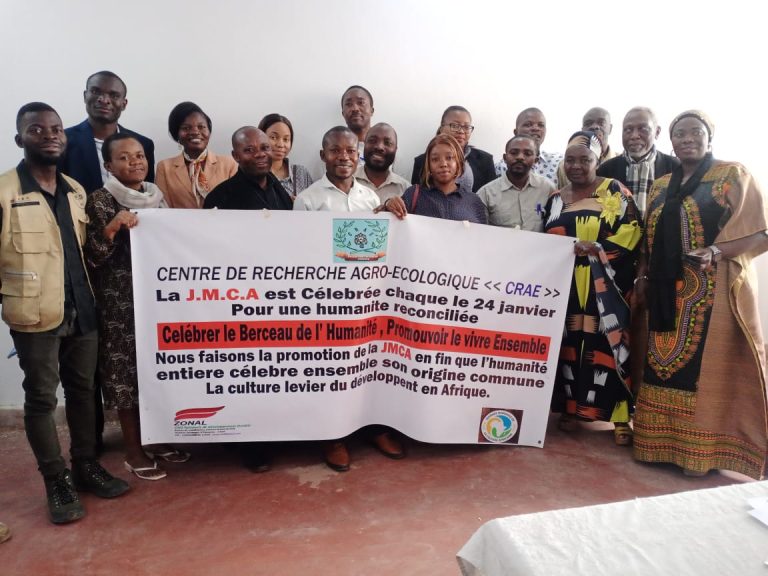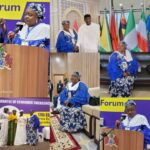Bukavu 2025: Reflections on African Culture, Women, Youth, and the Environment
By Raymond Enoch
The Center for Agro-Ecological Research (CREA) hosted a thought-provoking roundtable on January 30, 2025, in Bukavu, Democratic Republic of Congo, in celebration of World African Culture Day. Themed “Women, Youth, and the Environment in the Face of Local Culture,” the gathering aimed to spark discussions on African values, identity, and the urgent need to reconnect with cultural heritage

.
Léon Cizungu, the CREA Coordinator, emphasized the profound significance of African culture and the alarming rate at which it is being lost. “As a research center, we have found, after various studies, that our culture, as Congolese and Africans, has a special value, but we are losing it. We sold it off to those who were awake and understood its importance. They have inherited this culture and are now producing miracles, such as the manufacture of airplanes, computers, and smart devices,” he noted.
The discussions centered on the role of women and youth in preserving African traditions while addressing environmental challenges. Participants stressed the need to balance cultural heritage with modern innovation. Many expressed concerns that younger generations are becoming increasingly disconnected from indigenous knowledge systems, which have traditionally played a crucial role in environmental conservation.
Women, often regarded as custodians of culture in African societies, were recognized for their role in passing down traditions and promoting sustainable practices. However, the dialogue also highlighted the barriers women continue to face in decision-making spaces. The event underscored the importance of integrating traditional knowledge with modern education to empower youth and women in shaping Africa’s future.
One central theme emerged throughout the discussion: reclaiming African culture is not about resisting change but about leveraging ancestral wisdom to build sustainable societies. The roundtable concluded with a call for increased community engagement, policy advocacy, and youth-led initiatives to restore cultural pride while addressing contemporary global challenges.
By reviving and valuing African cultural heritage, the event reaffirmed that the continent can foster innovation rooted in identity, ensuring a sustainable and prosperous future for generations to come.









